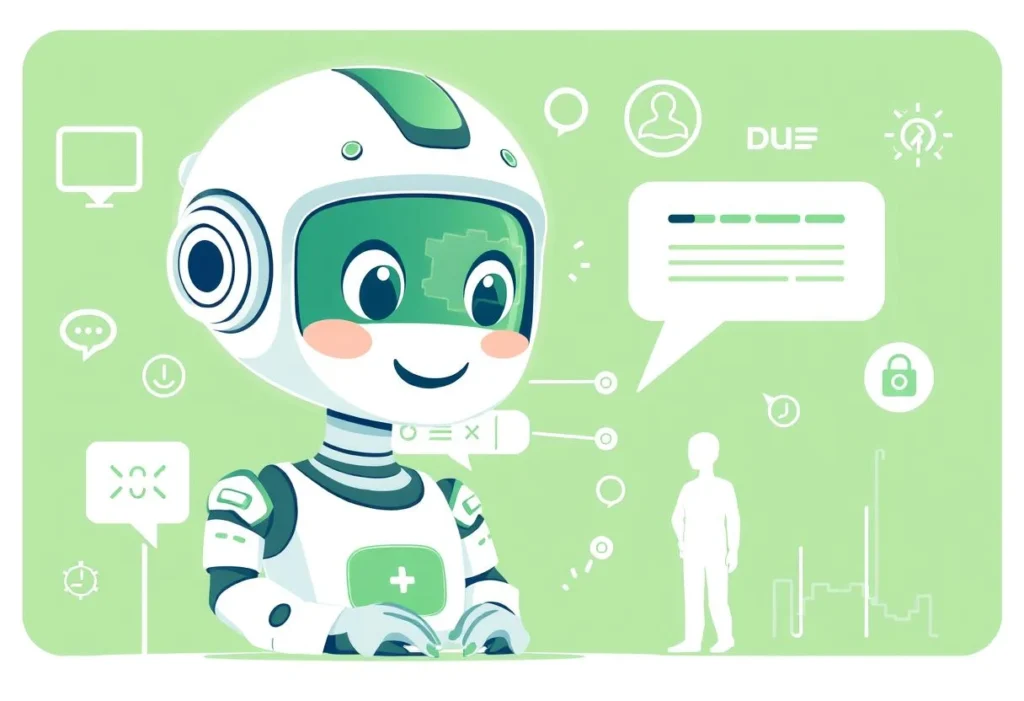The workplace is evolving faster than ever, and staying competitive means knowing which abilities are in highest demand. Whether you’re a job seeker, a recent graduate, or an experienced professional, understanding the top skills employers want right now is the key to landing new opportunities and thriving in your career.
Today’s job market blends rapid technological growth with the ongoing need for human creativity, adaptability, and effective communication. So, what exactly are these must-have skills? Find out how to future-proof your career by cultivating the expertise and qualities employers value the most.
Technology Skills: The Digital Edge
Artificial Intelligence (AI) Literacy
AI literacy tops every list of high-demand workplace skills. It’s not just about building AI—employers want people who can use AI tools smartly, understand their impact, and innovate within their roles. Even basic familiarity with AI can help you automate tasks, analyze data, or fuel creative projects, setting you apart from the competition.
Data Analytics & Data Literacy
Employers crave professionals who can collect, analyze, and interpret data to inform smart business decisions. Data literacy doesn’t just belong to scientists—marketing, sales, HR, and finance all benefit when employees can spot patterns, draw insights, and communicate findings clearly. Tools like SQL, Microsoft Excel, Tableau, and Python are especially valuable.
Cybersecurity Skills
With cyber threats and data breaches on the rise, companies urgently need employees who understand digital security. Whether you’re designing secure systems or simply practicing good data hygiene, demonstrating cybersecurity awareness is a powerful career advantage in any industry.
Cloud Computing
As businesses move data, applications, and services to the cloud, the demand for cloud computing expertise keeps climbing. Skills with cloud platforms (like AWS, Azure, or Google Cloud), as well as knowledge of data storage, networking, and migration, are invaluable across tech and non-tech roles.
Software Development & Automation
Coding is no longer just for IT pros. Even a basic understanding of software development—or the ability to automate everyday tasks—can set you apart. Popular languages include Python, JavaScript, and Java. Employers value those who can help create, improve, or troubleshoot apps and internal tools.
Business and Analytical Skills
Critical Thinking & Analytical Reasoning
In a world filled with information, those who think critically and make evidence-based decisions shine brightest. Employers want people who can break down complex problems, weigh alternatives, and spot opportunities for innovation across all departments.
Project Management
Running projects efficiently—balancing time, resources, and goals—makes project management a universally in-demand skill. Familiarity with methodologies like Agile and Scrum, or tools like Trello, Asana, or Jira, will add major value to your skill set and help drive real results.
Financial Skills
Basic financial knowledge (budgeting, forecasting, understanding performance metrics) is essential for anyone aiming to move up in management or contribute strategically to their organization.
Communication: The Timeless Talent
Communication Skills
Clear, effective communication stands at the center of every successful business. Employers look for professionals who can share ideas, present information persuasively, give and receive feedback, and build strong relationships with colleagues and clients.
Collaboration & Teamwork
Remote and hybrid work environments mean collaboration skills are more important than ever. Being able to work across cultures, bridge knowledge gaps, and achieve goals together is a highly prized strength among employers worldwide.
Business Communication (Written & Verbal)
It’s not just about talking or writing well. Employers want employees who can craft succinct emails, compelling presentations, and professional documents. Active listening, public speaking, and negotiation are differentiators that open doors to leadership.
The Human Factor: Soft Skills That Set You Apart
Adaptability & Resilience
Change is the only constant in today’s job market. Employers want workers who remain calm and productive through organizational changes, technological disruptions, or unexpected challenges. Adaptable professionals handle setbacks, learn quickly, and thrive in new situations.
Emotional Intelligence (EQ)
Empathy, self-awareness, and the ability to read social cues strengthen teams and customer relationships. Emotional intelligence helps you resolve conflicts, motivate others, and navigate workplace dynamics with finesse.
Leadership & Influence
Leadership isn’t just for those with a management title. Employers value people who demonstrate initiative, influence teams positively, and drive projects forward—no matter their official role.
Creativity & Innovative Thinking
Problem-solving is at the core of growth. Companies need creative thinkers who can devise novel solutions, improve products, and anticipate market changes. A creative mindset blended with analytical skills is a career rocket booster.
Conflict Management
Smooth workplaces aren’t natural—they’re built by people who know how to address and resolve conflicts. Skills in mediating disagreements, finding compromises, and maintaining positive relationships help keep teams moving in the right direction.
Future-Focused Skills on the Rise
Sustainability & Environmental Awareness
As organizations make sustainability a strategic priority, skills related to environmental stewardship, green project management, and understanding regulatory issues are gathering pace—especially in energy, manufacturing, and finance.
Cultural Intelligence & Inclusion
Multinational workforces and cross-cultural teams require professionals who are sensitive to different perspectives. Employers increasingly value those who can foster diverse, inclusive environments and understand global market nuances.
Lifelong Learning & Curiosity
Continuous learning—seeking out courses, mastering new tools, or staying updated on trends—is a must. Employers want growth-minded people who drive their own development long after landing the job.
Table: Must-Have Skills Employers Are Seeking in 2025
Frequently Asked Questions
Which skills are most likely to get me hired right now?
The most sought-after skills include AI literacy, data analytics, project management, and strong communication abilities. Blend technical with people skills for best results.
Are technical skills more important than soft skills?
Both are equally vital. While specialized knowledge can land you an interview, soft skills like adaptability and communication will help you advance and thrive.
How can I develop high-demand skills quickly?
Enroll in online courses, volunteer on projects, find a mentor, and look for challenges at work that stretch your abilities. Regular practice and feedback accelerate your learning curve.
Do these skills differ by industry?
Some technical skills (e.g., cybersecurity, AI) are especially hot in tech, while soft skills, project management, and communication are valuable across every sector.
Conclusion
Today’s employers are casting a wide net, searching for candidates who combine digital savvy, business know-how, and uniquely human strengths like adaptability and empathy. Building high-demand skills isn’t just about chasing trends—it means future-proofing your career, adding value in every role, and opening doors to new growth.
Ready to take your career to the next level? Start by assessing your current strengths, pick one or two new high-demand skills to develop, and practice them daily. Share this article with others in your network and encourage them to join you on the journey to workplace success—because the future belongs to those who keep learning and never stop growing.






